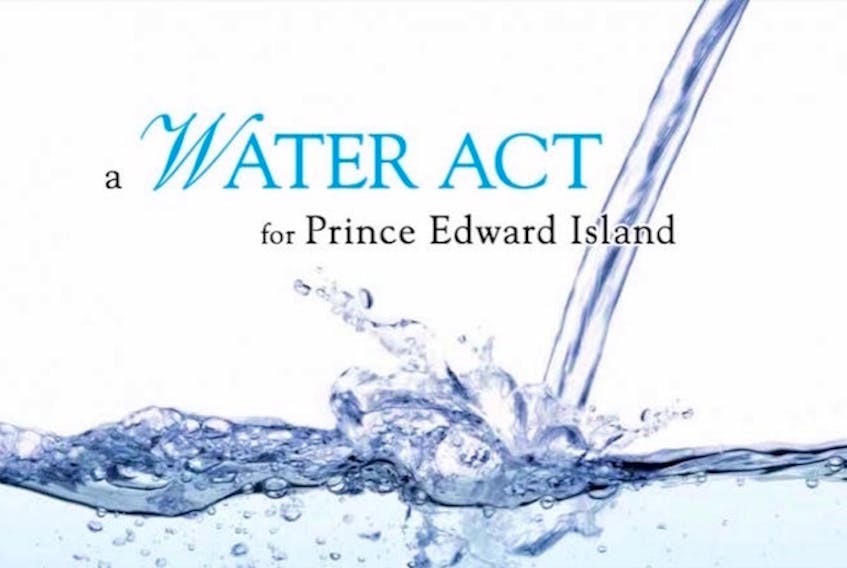BY GARY SCHNEIDER
AND DON MAZER
GUEST OPINION
The unveiling of the Water Act did little to resolve the central issue, which sparked the creation of the Act - the moratorium on high capacity wells. Over 90 per cent of those who participated in the extensive Water Act consultations were in favour of maintaining the moratorium. Unfortunately, the Act does not reflect this strong consensus.
To be clear, the draft Water Act does not include a moratorium on high capacity wells. Surprisingly, “high capacity wells” is only mentioned in a slide presentation on the Act, not in the Act itself. Under the heading “High capacity wells for Ag irrigation,” it says that “Water extractions will be addressed in regulations once the research on stream flow has been completed.”
The problem is that a very complex issue appears to have been simplified to a question of volume. In the face of climate change and competing needs, will we ever have enough scientific certainty to accurately predict how much water might be available for different uses? Even if we do develop trustworthy models, there is so much more to the question of how to safeguard P.E.I.’s precious water resources for future generations than mere volume.
The Coalition for the Protection of P.E.I. Water has been a part of this process since the initial push for a new Act. We believe that the Act must clearly state that the moratorium on high capacity wells will remain in place until we have much more scientific certainty and that any decision to change the status quo will first require an inclusive public process that addresses a wide variety of relevant issues.
Just looking at one narrow aspect of whether water is available to be given away to support industrial potato production, more golf courses, or urban areas that exceed their sustainable water limits ignores many other concerns that also need to be addressed.
Do Islanders really want an even more industrialized system of potato production, with fewer and fewer farmers and larger and larger farms? We’ve been heading in this direction for decades and it has resulted in a great deal of damage to the environment. Should we not instead be looking at ways to increase organic matter in the soil that will both store carbon and allow the land to hold more water, thereby reducing soil erosion and pesticide run-off?
It would be wiser to look at how to improve our soils, rebuild our hedgerows and windbreaks, and extend the rotation of row crops, instead of increasing pressure on our already overworked Island soil and water. Our rivers and estuaries are already overburdened – we need to address these issues, not take steps that might lead to more harm.
We also need to know much more about the ecology of our waterways and the wildlife that are dependent on these important areas. The fish kills do not only harm fish – they kill shellfish, insects, birds and essential micro-organisms as well. Will greatly increased water extraction result in more risk to Island wildlife and ecosystems? These answers will not be easy to come by. We have done little monitoring of the impacts of existing high capacity wells.
As well as lack of contextual and comparative analysis, there is concern that long term considerations and analysis are also missing. Climate change may well bring about changes in hydrological cycles. There is also concern over the sustainability of exporting of large amounts of water embedded in potatoes. These are long-term considerations where the precautionary principle needs to be recognized, as we are making decisions for the next seven generations as our Mi'kmaq and other Indigenous leaders would advise us all.
We must make thoughtful, long-term decisions about water. That is what Islanders overwhelmingly asked for when making submissions to the extensive consultations around the Water Act.
A true moratorium on high capacity wells should be included in the Water Act for two reasons: first, to ensure that the clearly expressed wish of the majority of Islanders is respected and second, to mandate that any change to the status quo will only be undertaken after open and transparent debate among our lawmakers with meaningful participation by interested Islanders. And in the question of the protection of our water and its use, this means everyone.
- Gary Schneider and Don Mazer are members, Coalition for the Protection of P.E.I. Water









